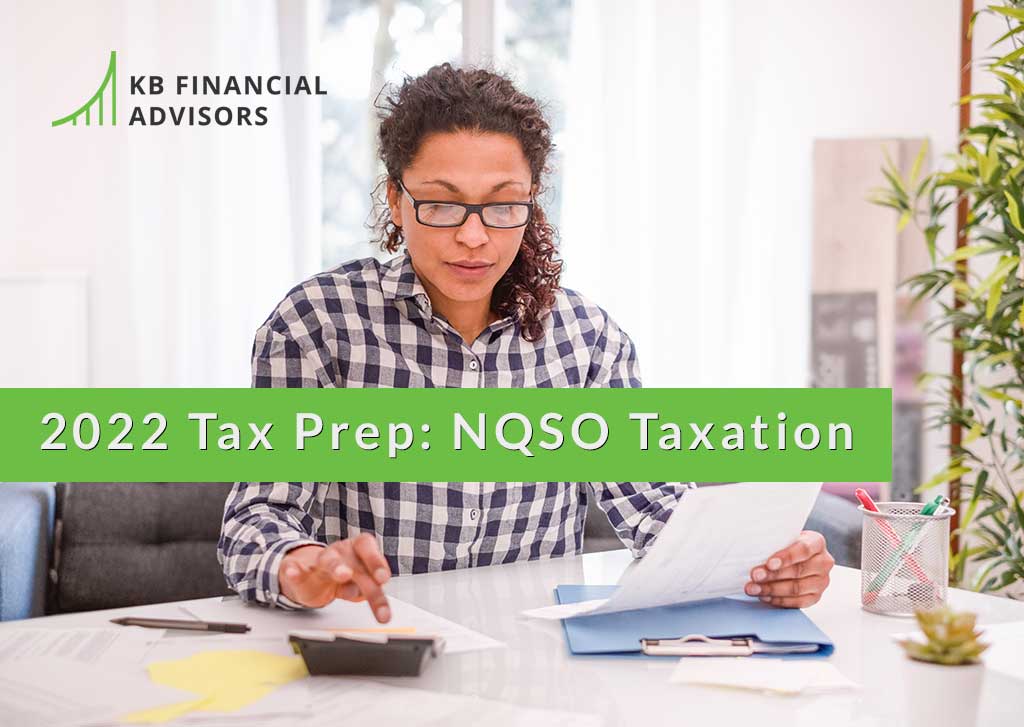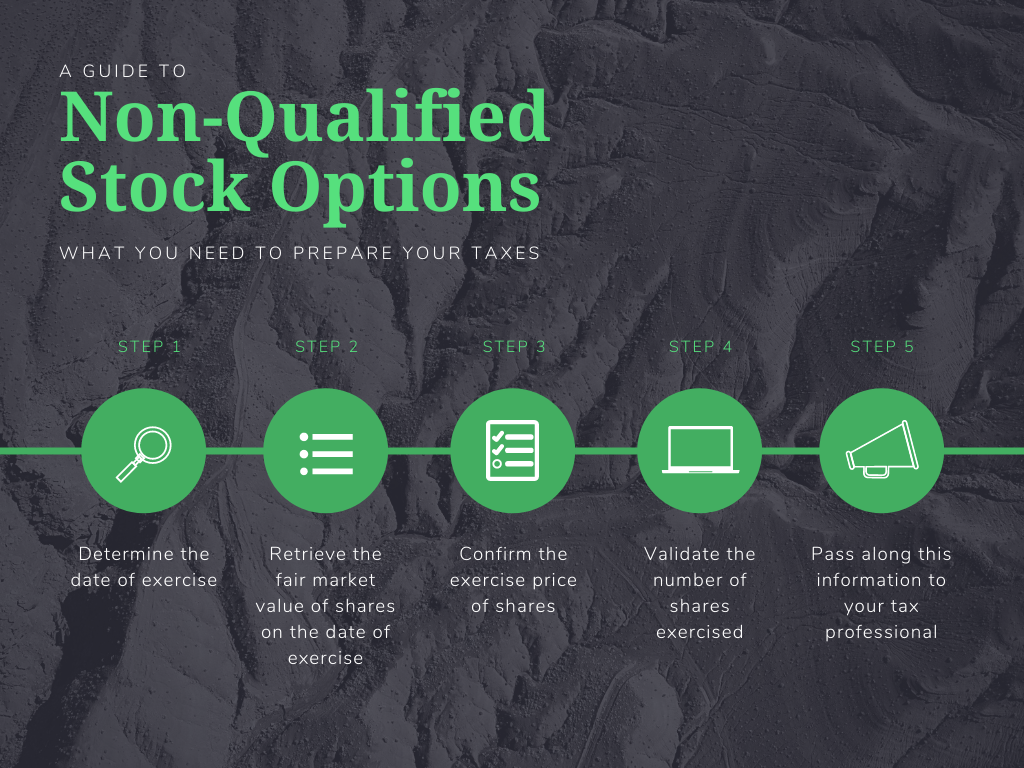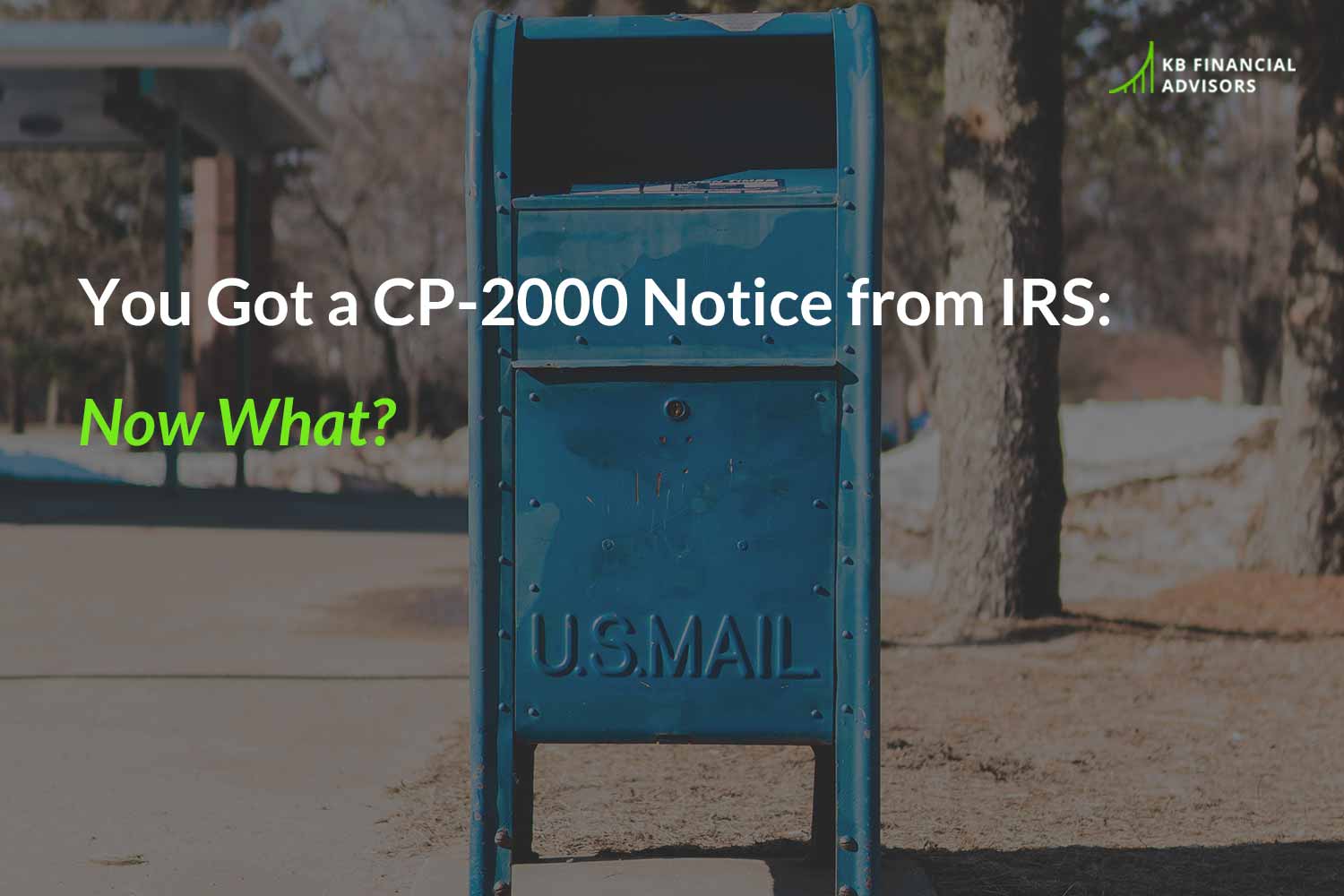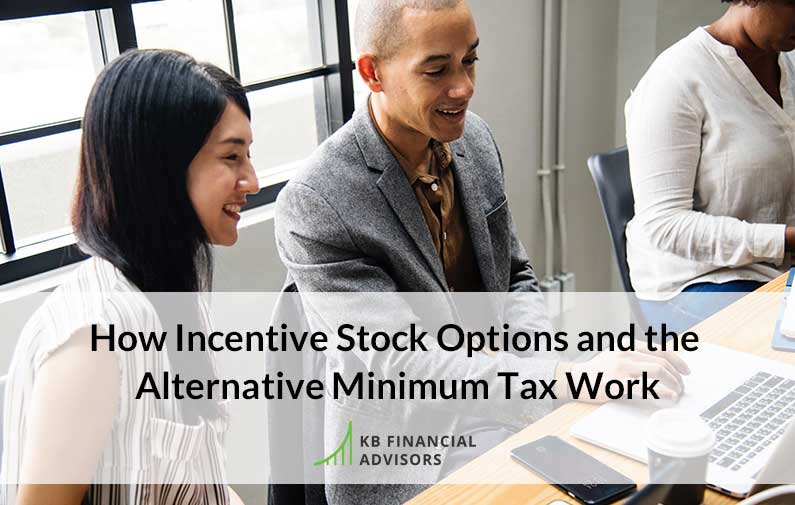I know I might sound like a typical tax accountant here, but….
I hope you’ll forgive me. ????
The year 2022 is officially in full swing, which means tax season is right around the corner! ???? Yayyy!! ???? ????
(No? Just me? Okay…. *awkwardly clears throat and gets to the point of the blog post*…)
The reality is, even though I love doing taxes, I know most people don’t get as excited about tax time as they get about having a dentist drill a hole in their molar.
And I don’t blame them.
Because even if you’ve been meticulously keeping records and planning your taxes… planning for taxes and actually reporting your earnings to the IRS are two *very* different things.
Even if you work with the most organized and prepared financial advisors in the world (like Jackie and Landon), you *still* feel like you get faced with an onslaught of questions when the first of the year rolls around. It can make you feel woefully unprepared and wondering if there’s any way on earth you’ll possibly get everything together before the April deadline.
So, in the spirit of making things easier so you and your tax preparer don’t have to deal with a never-ending email chain, I put this mini guide together to help you take the confusion out of one tax element that often has a lot of “huhhh?” moments: Non-Qualified Stock Options. (Also called NQSOs.)
NQSO Taxation: 3 Types of Taxable Events to Report On
Any time you conduct a transaction with your NQSOs, it can result in a taxable event depending on your situation:
????♀️ 1.) When you exercise your NQSOs, the bargain element can be added to your wages.
????♀️ 2.) If you sell some of your NQSOs to cover the taxes resulting from an exercise, you’ll trigger taxes for short-term capital gains on that sale.
????♀️ 3.) If you sell NQSOs to raise cash, you’ll have capital gains tax to pay–whether short-term or long term, depending on how long you’ve held the shares.
You’ll likely have your own record-keeping for these events, but the fact of the matter is, you aren’t the only one reporting your NQSO taxation to the IRS: employers and brokerage houses do too… so we need to make sure their reporting is correct. (Because, unfortunately, it isn’t always.)
If you have a situation where exercising NQSOs resulted in adding the bargain element to your wages, that’s something your employer would report on… because they’re responsible for wage reporting.
Brokerage houses like E*Trade, on the other hand, handle capital gains reporting, and will be the ones telling the IRS how much you earned in capital gains, and whether those gains were short-term or long-term. (Reminder: long-term capital gains only happen after you’ve held your shares for at least one year. Everything else is taxed as a short-term capital gain, and has a higher tax rate.)
By making sure you have your own, correct records, your tax preparer can cross-check your employer’s and your brokerage house’s reporting to make sure there aren’t any discrepancies. (And if there are, they can make sure you take the right actions, so you don’t pay too much or too little, and end up getting a scary letter from the IRS.)
Things Your Tax Preparer Needs for Your NQSO Taxation
So… what do you need to hand off to your tax preparer?
What are the documents and numbers they’ll need to make sure they do a good job of preparing your taxes, and keeping the IRS out of your hair?
Especially in regards to any NQSO taxable events that happened in 2021?
This is what your tax preparer will need to see from you:
- The date of each exercise, or each time you made a financial move with your NQSOs, whether it was exercising or selling.
- The fair market value of your shares on the date of each exercise.
- The exercise price for each exercise. (Or selling price, if you sold shares instead of exercising them.)
- The exact number of shares exercised or sold on each date.
Here’s a go-to image to help you organize the data your tax preparer will need.
From this list of facts, your tax preparer will be able to calculate the amount that’s been added to your taxable wages, and verify that the amounts on Form 1099-B from the brokerage house are correct.
Likewise, sometimes an employer will forget an exercise or miscalculate one, so your accountant can verify their math and make sure the numbers on your issued W-2 are correct. Getting a W-2 corrected can be a headache, I’ll admit, but it’s *a lot* better than submitting incorrect information on your NQSO taxation and dealing with the fallout from that. (Trust me, if you’ve never had to submit an amended tax return, you don’t want to! ????)
The Most Common Problem with NQSO Taxation: Brokerage Houses
???? As a heads up, the most common problem we see is the brokerage house only reporting the basis of your exercise price to the IRS… which, if it’s not caught, can result in you paying more in capital gains taxes. And, depending on your situation and how long you’ve held the shares, the tax rate can be as high as your ordinary tax bracket. ????
In truth, you should be able to report a basis that’s equal to your strike price plus the additional wages you reported and paid taxes on at the time of exercise. Your tax preparer will be able to make sure that the wages portion of your NQSO exercises result in a higher basis, and therefore lower amounts of capital gains taxes you have to pay when you sell.
The Bottom Line
The bottom line, of course, is that we want to be honest and compliant with the IRS and help you pay the rightful amount of taxes you owe… but not a penny more. ????
When you’re aware that NQSO taxation is commonly miscalculated, making sure you work with a tax preparer (like yours truly) who’s familiar with the ins and outs of NQSO taxation rules will ensure your tax bill is spot on: not a penny more, and not a penny less.
If you need a tax preparer to help you through this season, feel free to book a discovery call here to talk about working together.
And cheers to April! ☕️







